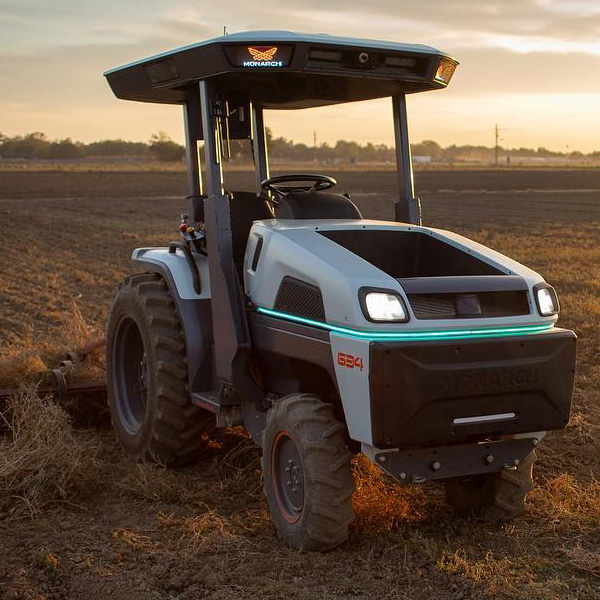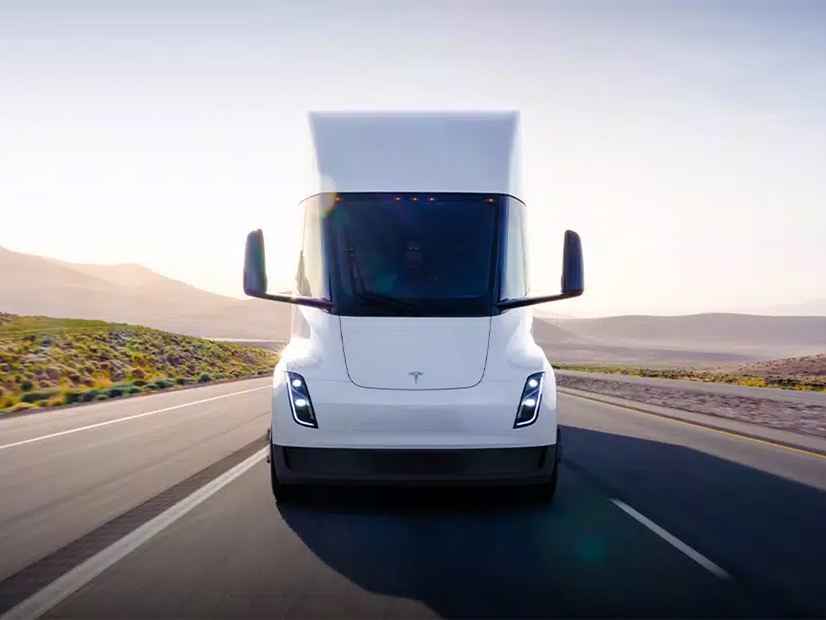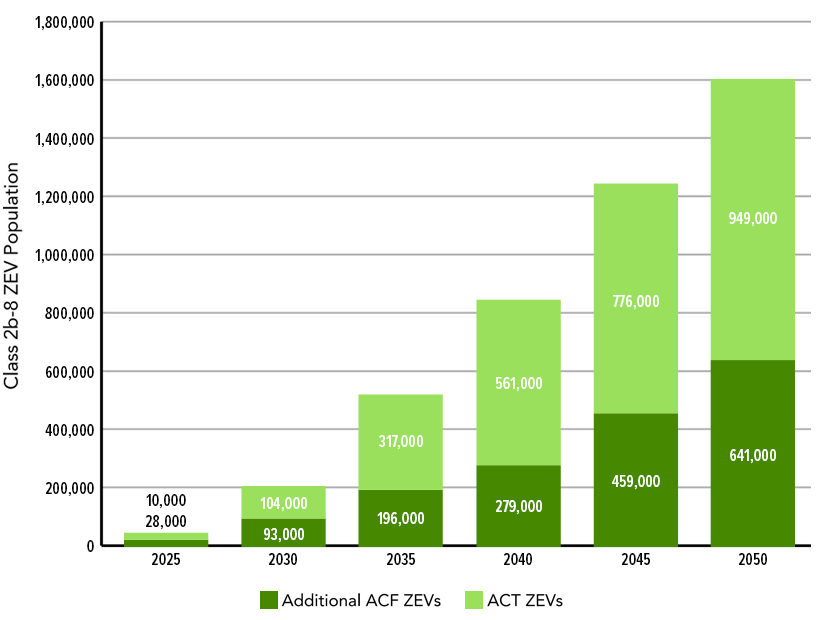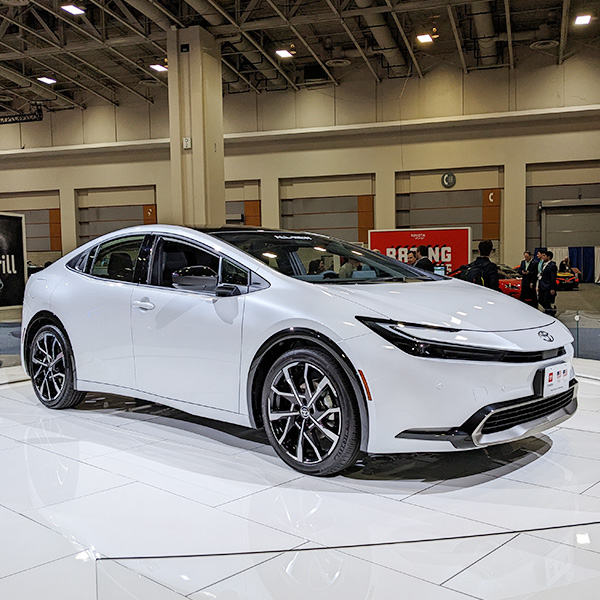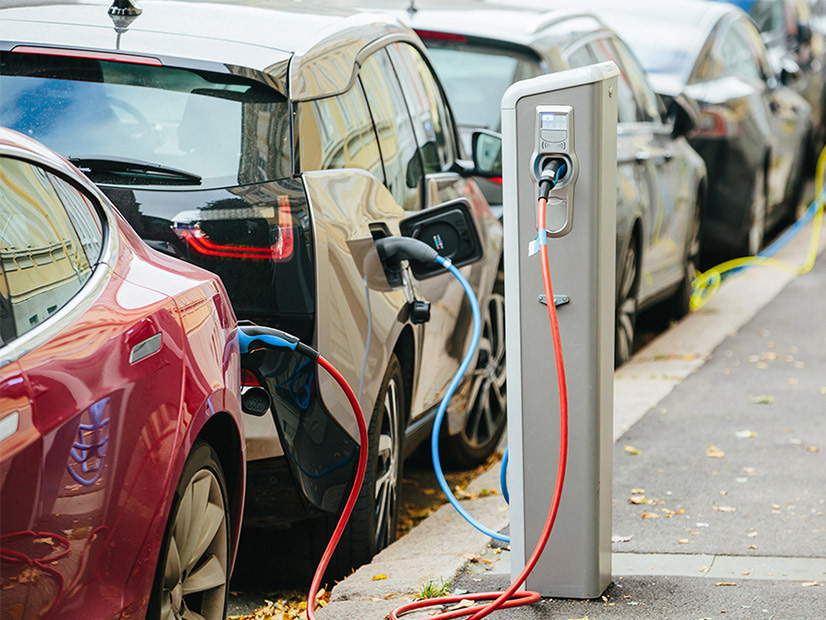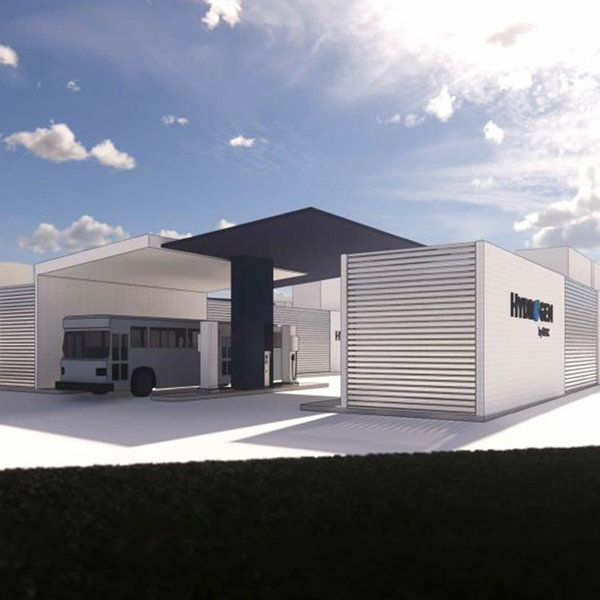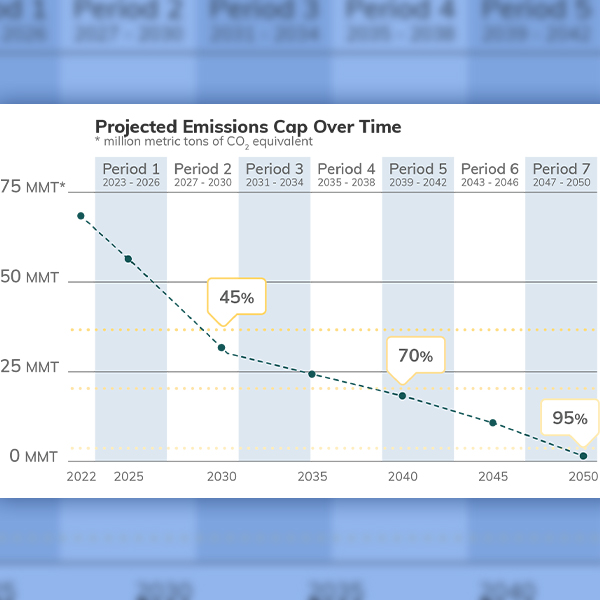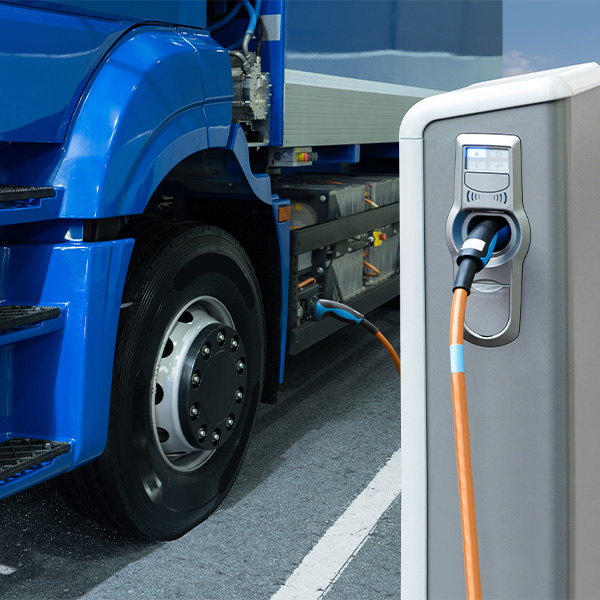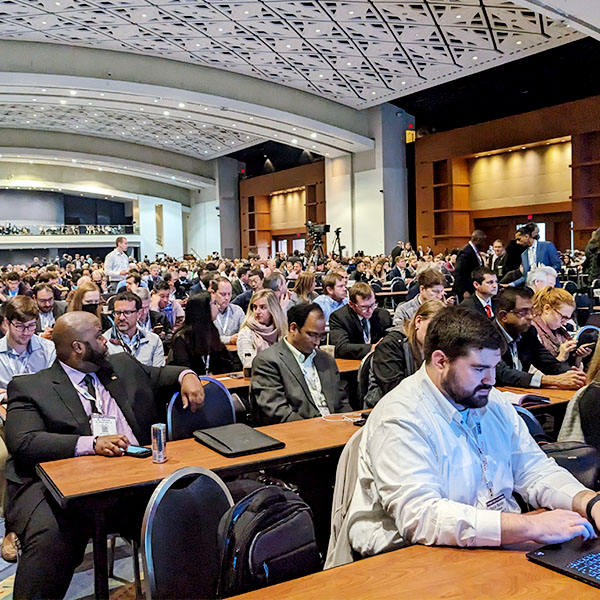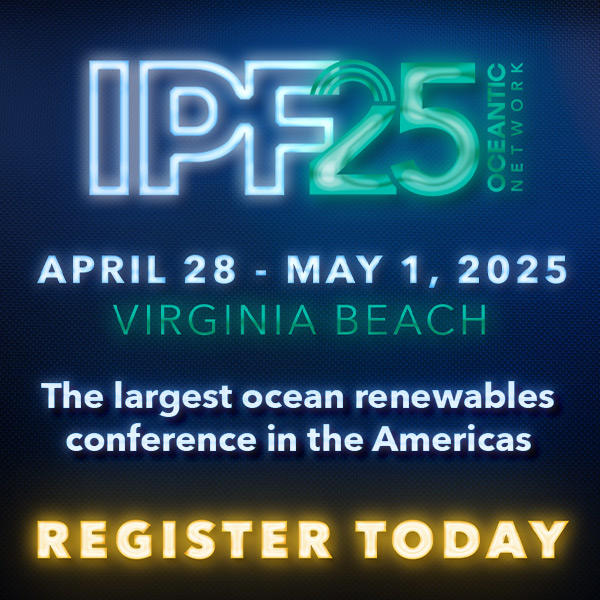Transportation Decarbonization
Airplane DecarbonizationEV chargersHeavy-duty vehiclesBattery Electric Buses (BEB)Fuel Cell Electric Buses (FCEB)Light-duty vehiclesBattery Electric VehiclesFuel Cell VehiclesPlug-in hybrid electric vehiclesShip electrificationClean Ports
The California Energy Commission awarded large grants to boost in-state production of electric tractors, forklifts, batteries and charging stations.
The company's plans for Northern Nevada include a new battery factory and its first high-volume manufacturing facility for electric semi-trucks.
As it moves to adopt a rule requiring truck fleets to transition to ZEVs, CARB considers situations where supporting infrastructure is unavailable.
While EVs are on the floor they are by no means the main attraction, and much uncertainty remains about how fast automakers can build out their supply chains.
New York is moving to cut the cost of electricity supplied to commercial charging stations for electric vehicles.
A bill encouraging public authorities in Washington to manufacture hydrogen drew praise from transit agencies and criticism from the state’s business community.
The Alliance for Clean Energy New York hosted an online information session concerning the state's scoping plan to reduce greenhouse gas emissions.
Washington officials said cap-and-trade auctions could raise $1.5 billion through FY 2024 while new fuel standards will boost gas by about one cent per gallon.
Battery electric trucks are expected to play a major role in decarbonizing the nation’s transportation sector, which accounts for 29% of all CO2 emissions.
Getting to 50% electric vehicle sales by 2030 won’t be easy, say Transportation Secretary Pete Buttigieg and Energy Secretary Jennifer Granholm.
Want more? Advanced Search
